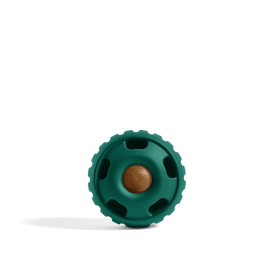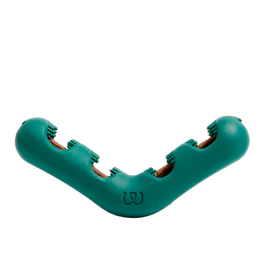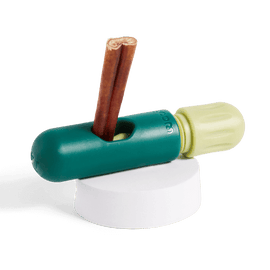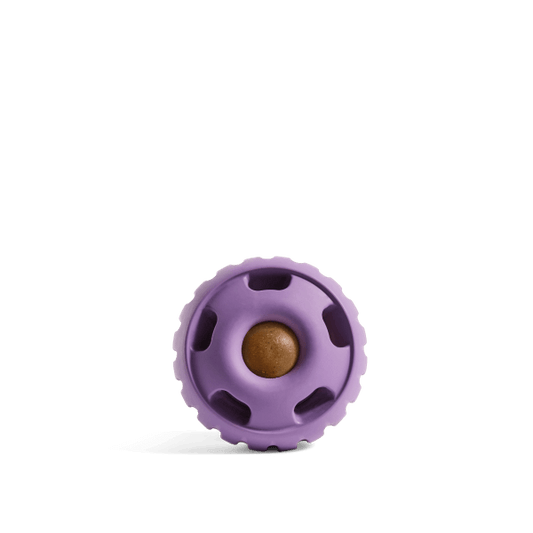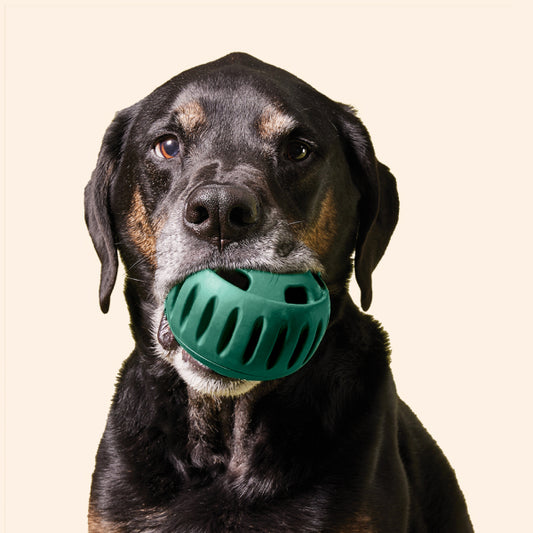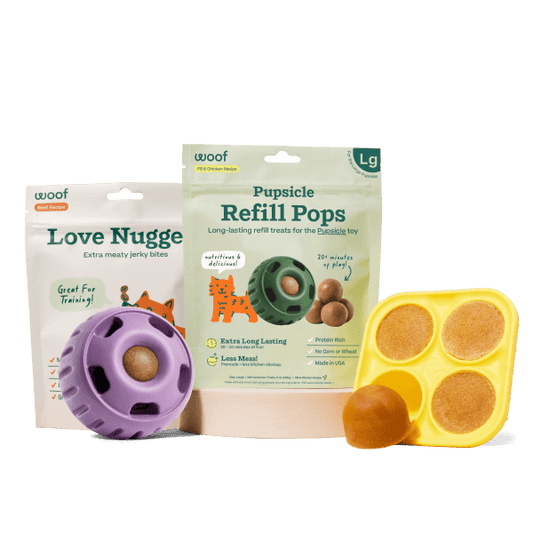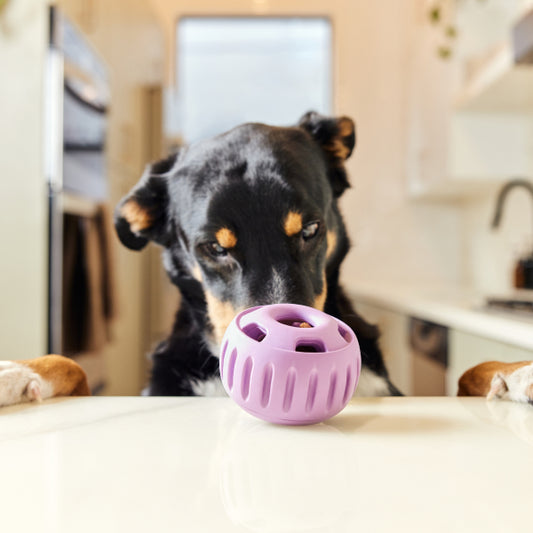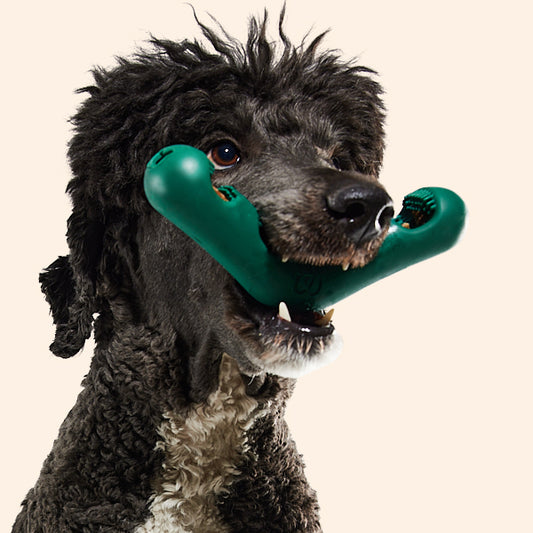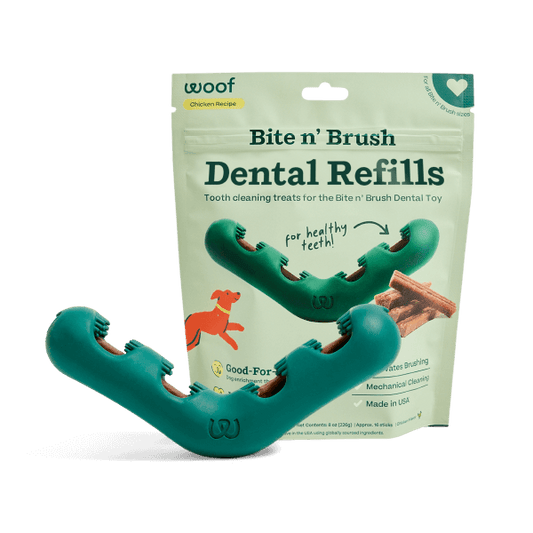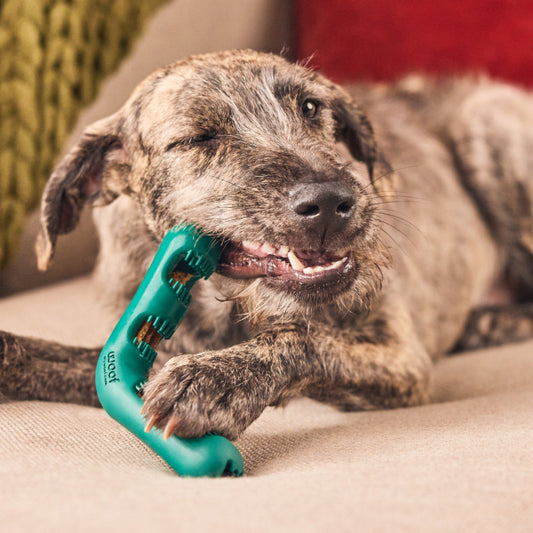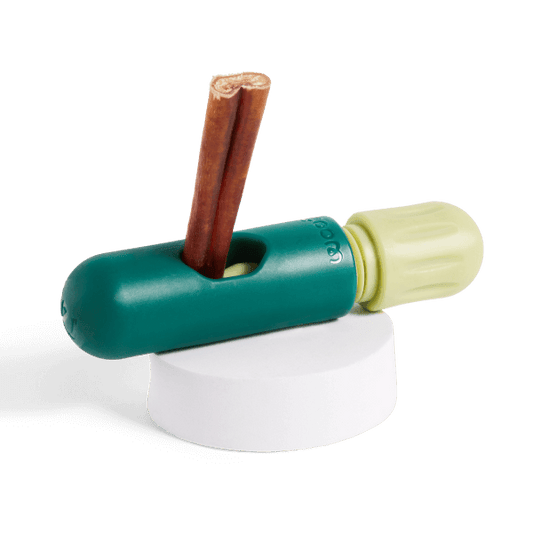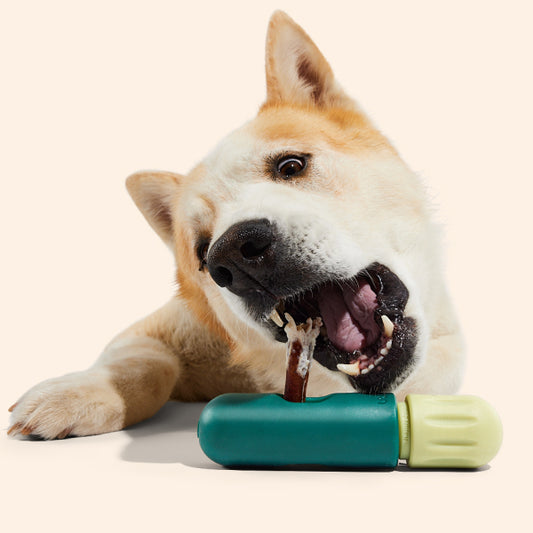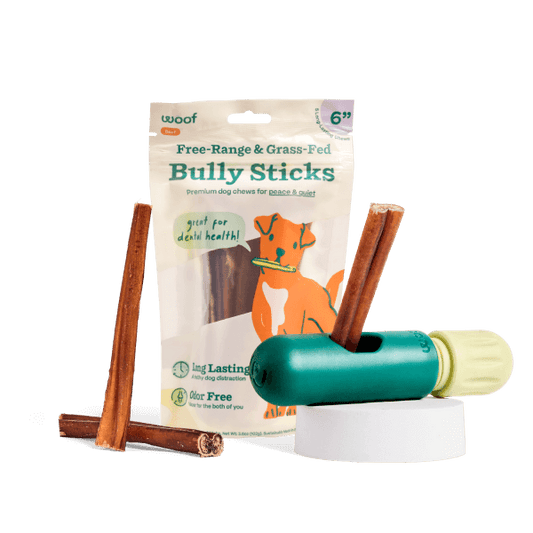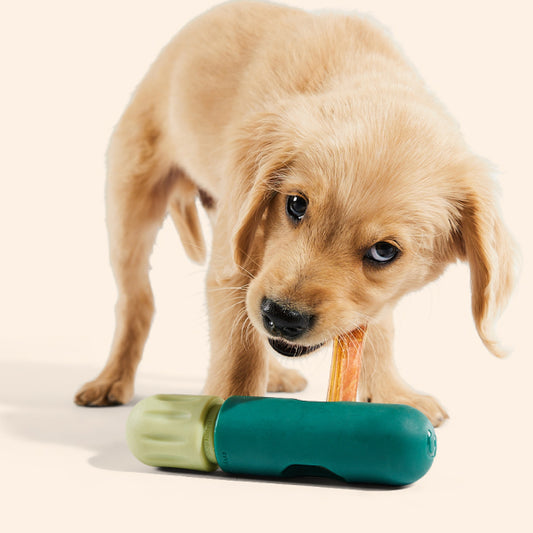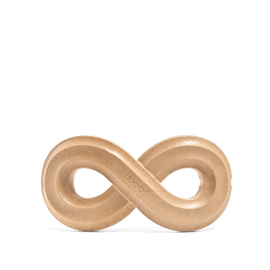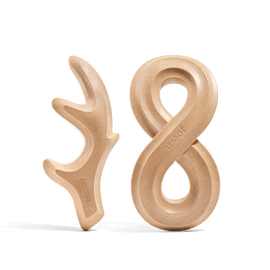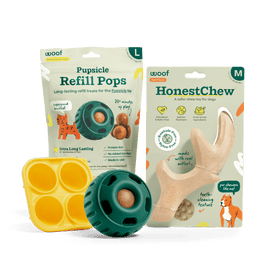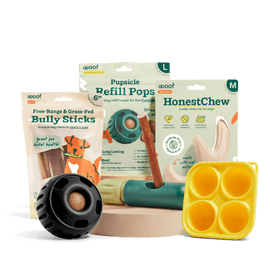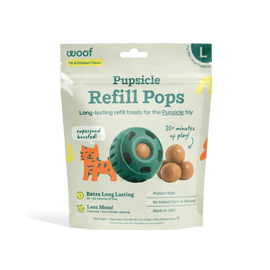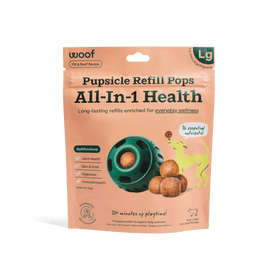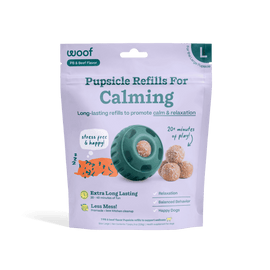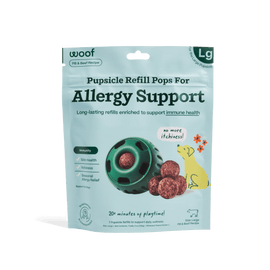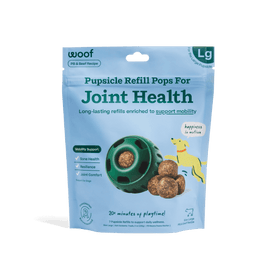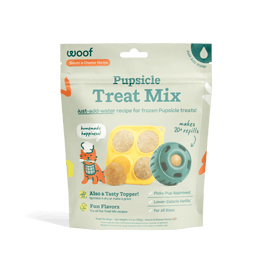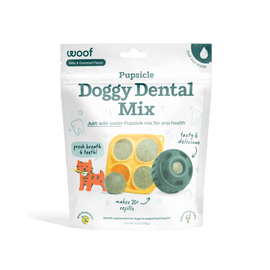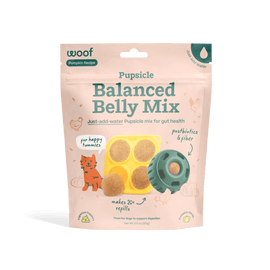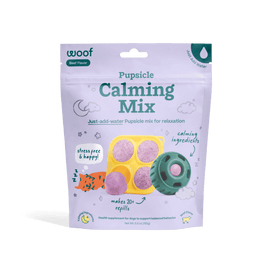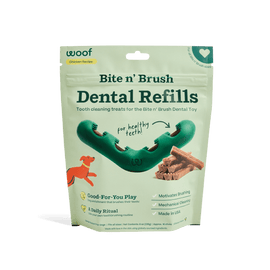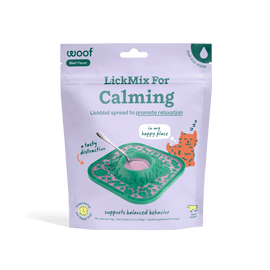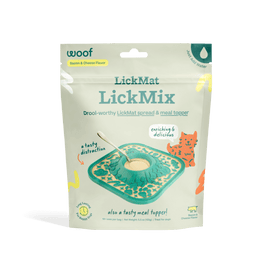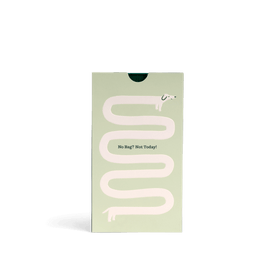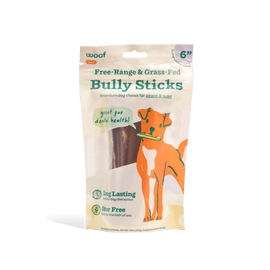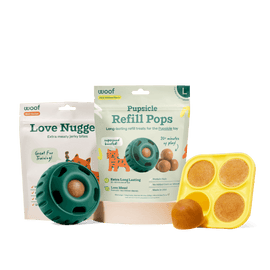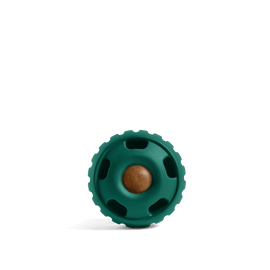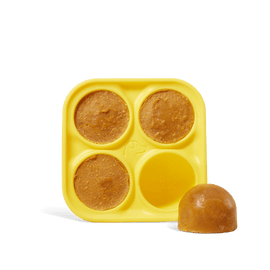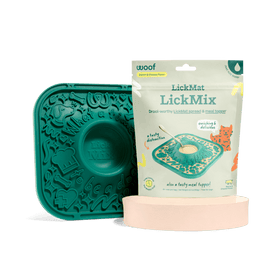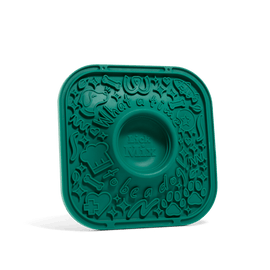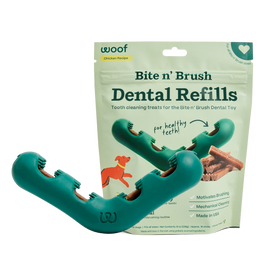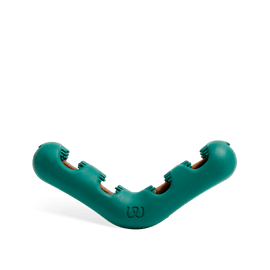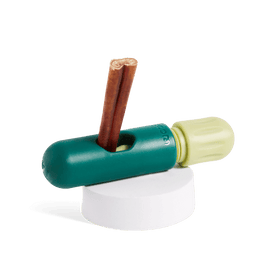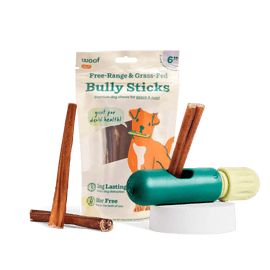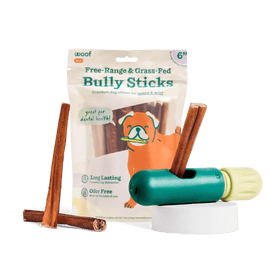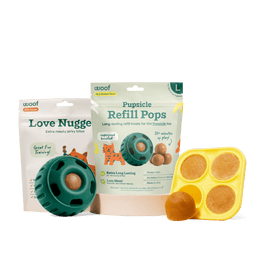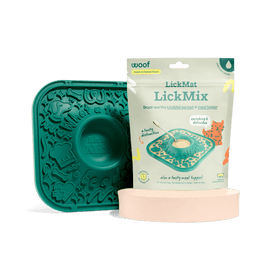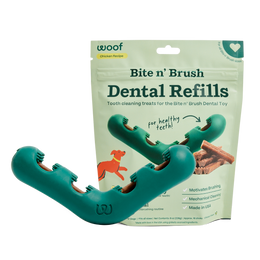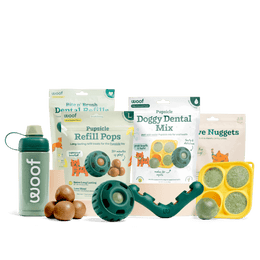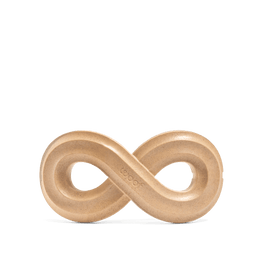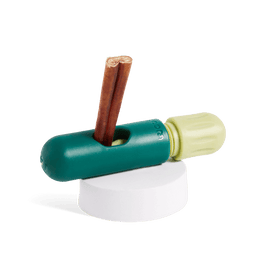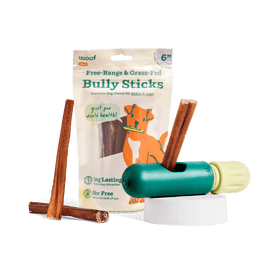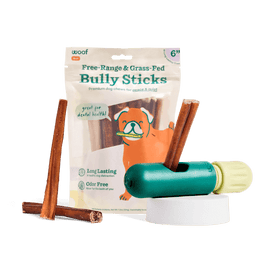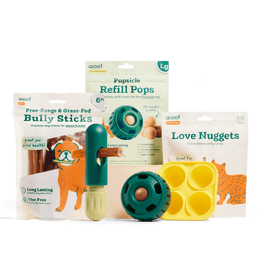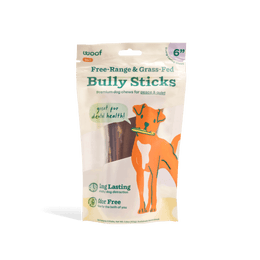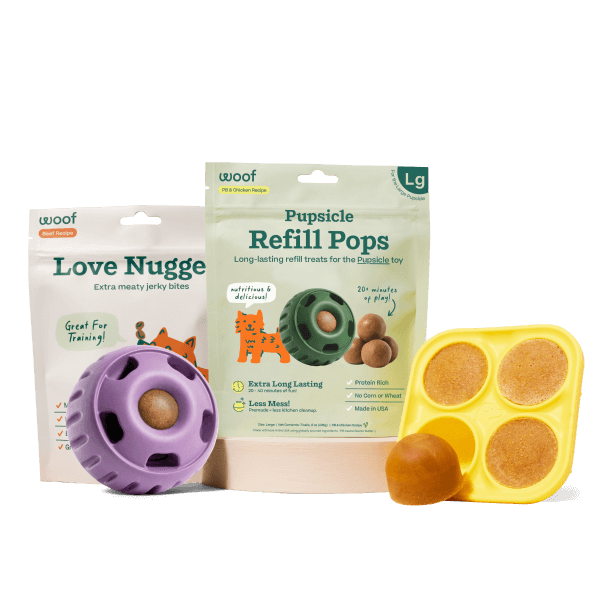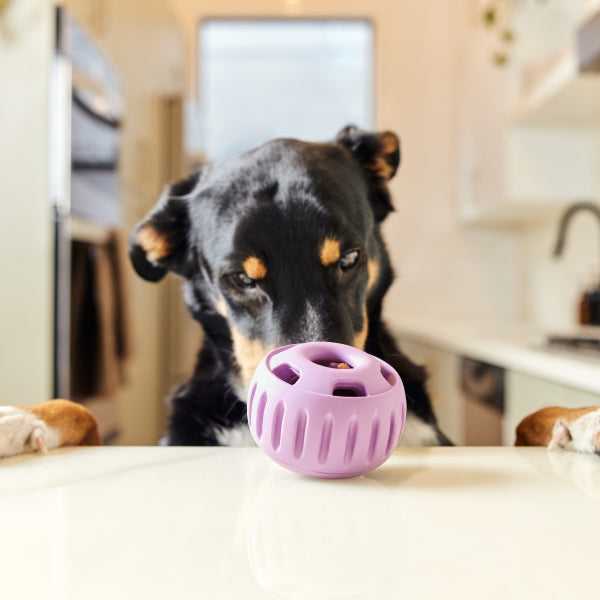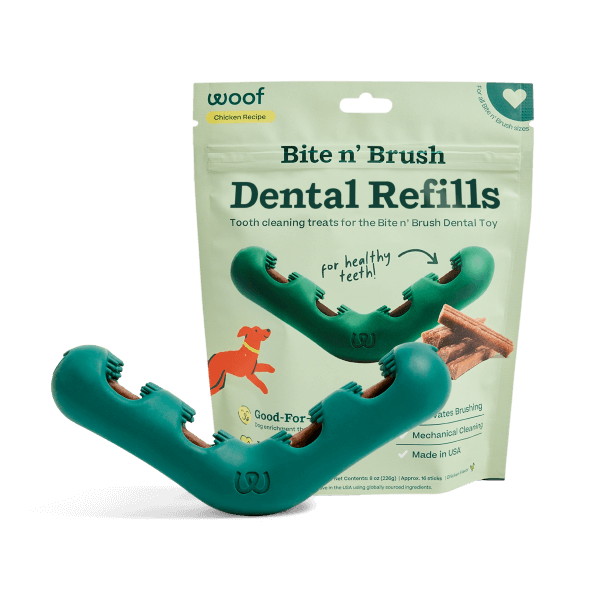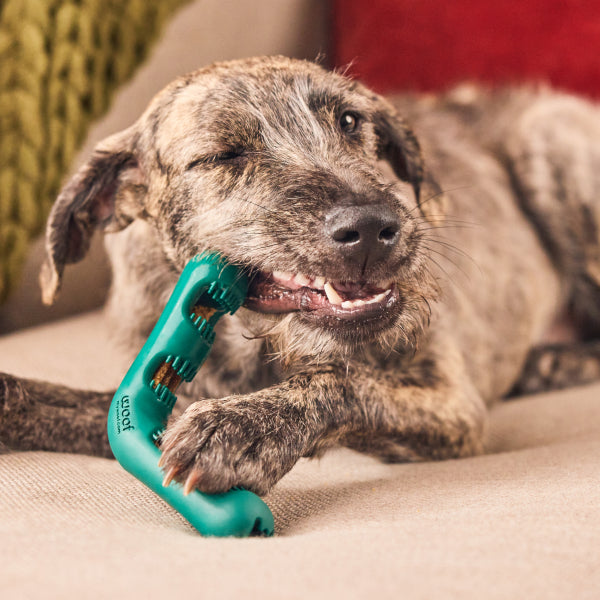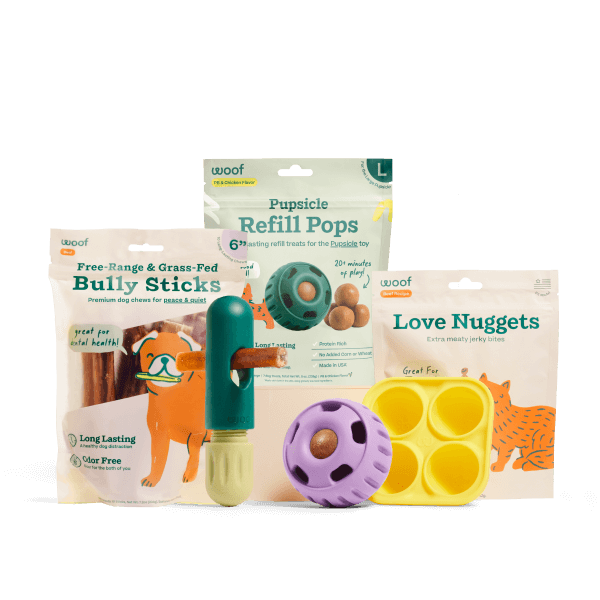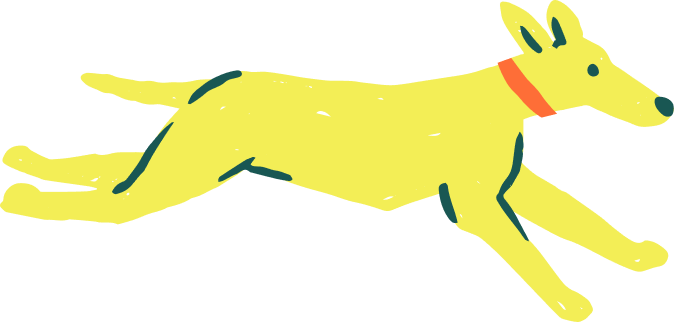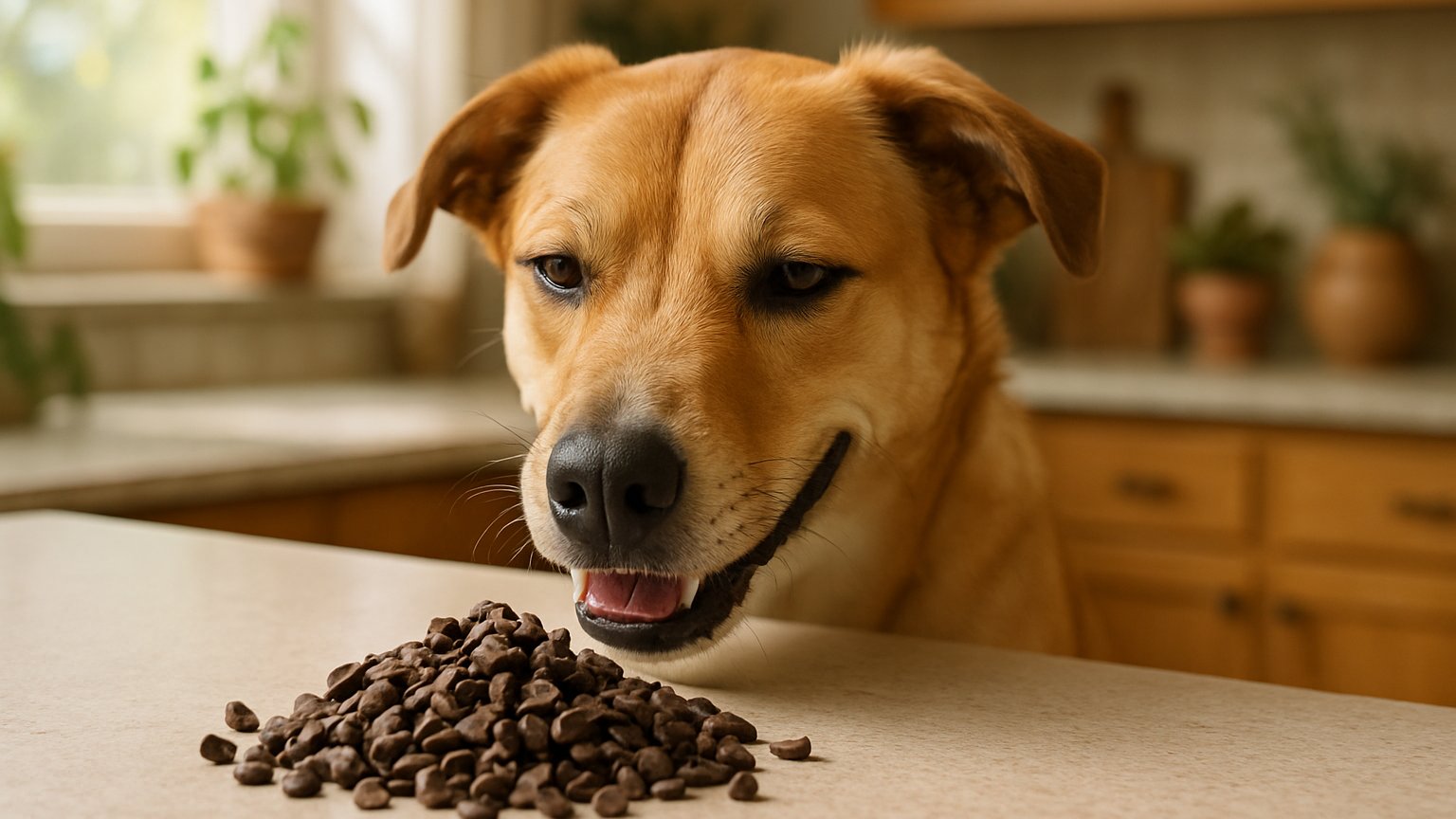
When it comes to treating our furry companions, we often seek alternatives to chocolate that are both safe and enjoyable. One such option that has gained popularity is carob chips. Derived from the carob tree, these chips resemble chocolate in appearance and taste but are free from the harmful compounds found in chocolate. But the question remains: Are carob chips good for dogs?
In this blog post, we'll explore the benefits and considerations of incorporating carob chips into your dog's diet, helping you make an informed decision about this treat.
What Are Carob Chips?
Carob chips are made from the dried pods of the carob tree (Ceratonia siliqua), native to the Mediterranean region. Unlike chocolate, carob contains no theobromine or caffeine, substances that are toxic to dogs. This makes carob a safer alternative for canine treats. Carob chips are naturally sweet and can be used in various dog-friendly recipes, from baked goods to frozen treats.
Health Benefits of Carob Chips for Dogs
Carob chips offer several nutritional benefits for dogs:
- Rich in Fiber: Carob is a good source of dietary fiber, which aids in digestion and helps maintain healthy bowel movements.
- Contains Essential Nutrients: Carob provides vitamins A, B, and D, as well as minerals like calcium, magnesium, and potassium, supporting overall health and well-being.
- Low in Fat: Carob is naturally low in fat, making it a suitable option for dogs on weight management diets.
- Free from Harmful Compounds: Unlike chocolate, carob does not contain theobromine or caffeine, eliminating the risk of chocolate toxicity in dogs.
Considerations When Feeding Carob Chips to Dogs
While carob chips are generally safe for dogs, it's important to consider the following:
- Moderation is Key: Introduce carob chips gradually into your dog's diet and monitor for any adverse reactions. Overconsumption can lead to digestive upset.
- Check for Additives: Ensure that the carob chips you choose do not contain added sugars, artificial sweeteners like xylitol, or other harmful ingredients. Always read the ingredient list carefully.
- Allergic Reactions: Some dogs may have sensitivities or allergies to carob. If you notice symptoms like itching, vomiting, or diarrhea, discontinue use and consult your veterinarian.
How to Incorporate Carob Chips into Your Dog's Diet
Carob chips can be used in various ways:
- Homemade Dog Treats: Incorporate carob chips into recipes for dog biscuits, cakes, or pupcakes.
- Frozen Treats: Mix carob chips into frozen yogurt or ice cubes for a cool, refreshing snack.
- Training Rewards: Use small pieces of carob chips as an occasional training treat.
Remember to adjust portion sizes based on your dog's size and dietary needs.
Conclusion
Carob chips can be a safe and enjoyable treat for your dog when used appropriately. They offer a chocolate-like experience without the associated risks, providing a sweet alternative for your canine companion. Always ensure that the carob products you choose are free from harmful additives and introduce them into your dog's diet gradually. As with any treat, moderation is essential to maintain a balanced and healthy diet for your pet.

